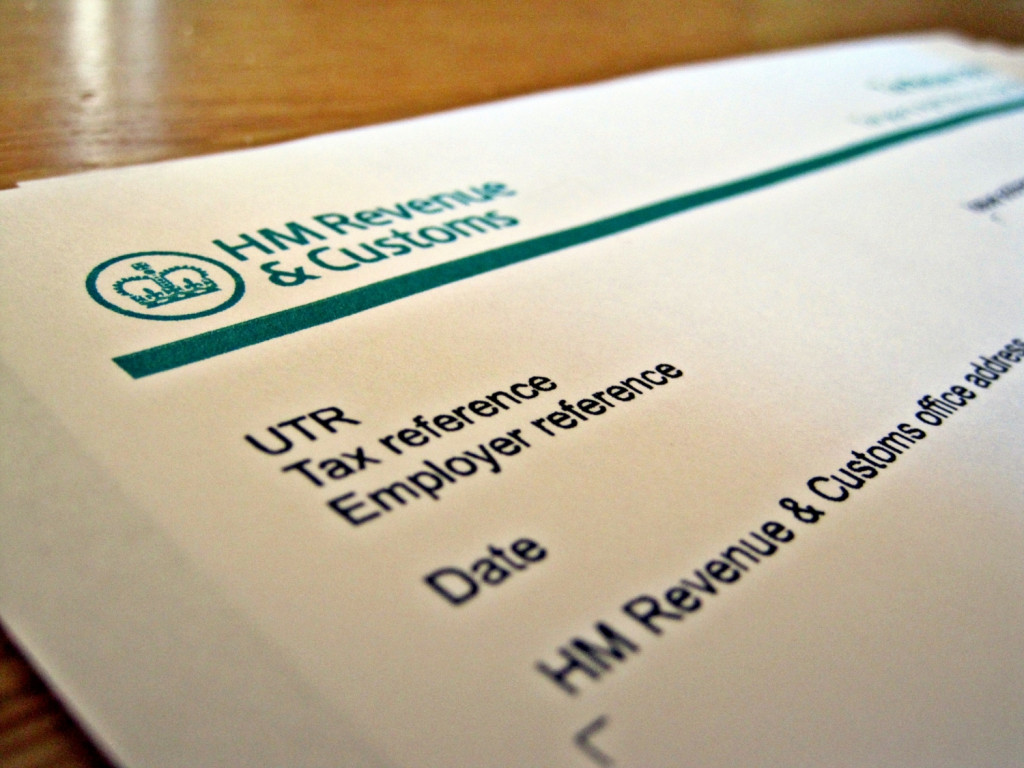Her Majesty’s Revenue and Customs (HMRC) has updated its guidance on taxation of crypto assets to incorporate income from staking in proof-of-stake networks.
This marks the first time that HMRC has released guidance specifically describing how staking is treated for taxation purposes. It has been assumed previously that staking comes under the umbrella of mining, thus the same guidance has applied.
The guidance issued today on staking is indeed almost identical in its wording to that on mining. However, the introduction of separate guidance for the two opens the door to divergence in the future.
This guidance released Tuesday has been issued as part of a new internal HMRC manual on the tax treatment of crypto assets, which consolidates its previously separate guidance applicable to businesses and individuals into one manual.
A HMRC spokesperson said in a statement shared with CoinDesk: “The guidance manual demonstrates our commitment to providing clarity to our customers and will help individuals and businesses understand the tax consequences of different types of transactions in crypto assets.
“This builds on the previously published policy papers and will provide a more flexible approach to updating customers in this fast-moving sector.”
New staking guidance
According to the new guidance, the taxation of staking activity by businesses will depend on whether the activity “amounts to a taxable trade.” This depends on a range of factors, such as the degree of activity, nature of the organisation, risk involved and the commerciality of the activity.
If staking activity does not amount to trade, the pound sterling value of crypto assets awarded will be taxable as miscellaneous income.
If a business’ activity does amount to trade, however, profits “must be calculated according to the relevant tax rules.”
With regard to individuals, HMRC deems that “only in exceptional circumstances” would it expect “individuals to buy and sell exchange tokens with such frequency, level of organisation and sophistication that the activity amounts to a financial trade in itself.”
Any crypto assets that are kept by individuals or businesses would be subject to Capital Gains Tax and Corporation Tax on Chargeable Gains if they are later disposed of.
See also: ‘Thrill’ and ‘Status’ Driving Young People to Crypto Investment, Says UK Financial Watchdog

